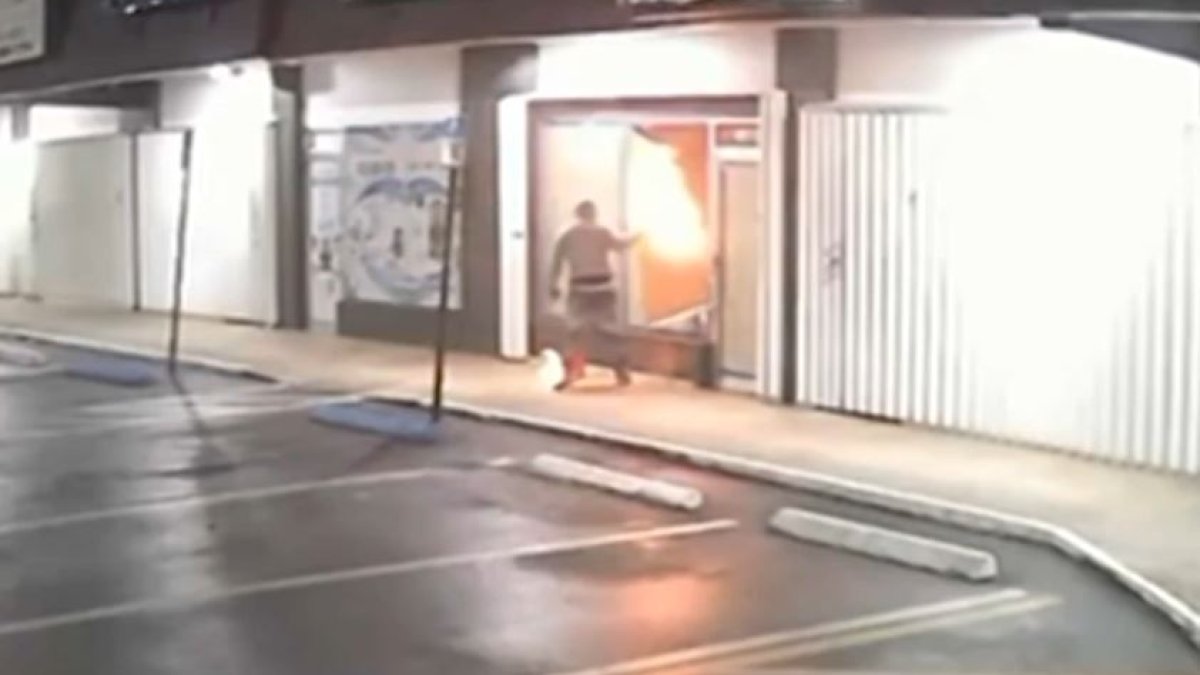Welcome to Ground Zero for climate change.
Australia is burning at an unprecedented rate thanks to extreme heat and drought. And scientists saw it coming.
In a 2008 report, Australian climate experts warned of a massive increase in the extent and severity of bush fires if the country and global community didn’t reduce carbon emissions.
“They said we will see this in 2020 if we fail to act,” Dr. Michael Mann states. “It’s 2020 and we saw it.”
On this day, Mann – a world renown climatologist and author – is overlooking the shores of Coogee, a coastal town South of Sydney.
He is here on sabbatical coincidentally while a 5 ½ month inferno engulfs millions of acres of the country.
“Let’s recognize that we’re seeing what was predicted. The problem is the forecast gets much more bleak as we move on if we don’t act on this problem.”
Local
It’s hard to imagine a situation more bleak than the images broadcast around the world of massive uncontrolled fires, scorched earth and a billion animals killed.
2019 was the hottest and driest year ever on record here. It’s also hard for Mann to imagine anyone disputing the cause.
“It’s not difficult,” he states. “We saw record heat. We saw record drought. It’s pretty easy to connect the dots on this one. We would not have been seeing such widespread, intense and fast-spreading fires if it were not for the dryness and the heat due to human-caused climate change.”
It’s this devastating and deadly display of climate change in motion that was the determining factor in NBC 6 sending me here to document it.
While Australia may be Ground Zero for climate change globally, South Florida is Ground Zero for climate change domestically.
“What’s happening here in Australia is really a warning to all of us,” Mann argues. “Pretty soon we are going to see the same sorts of unprecedented events if we haven’t already seen them.”
For Australia today, it’s fire. For South Florida tomorrow, it may be water.
Sea level rise coupled with more intense hurricanes could inundate the coastlines and the Keys and cause catastrophic damage.
“We know that the intensity of these hurricanes is increasing because of the warming of the oceans. You add on the storm surge from those events and pretty soon you’re talking about large parts of the coast of Florida becoming uninsurable.”
“It’s just a matter of time before Miami sees it’s Katrina. We know we’re living on borrowed time right now with sea level rise and intensifying hurricanes.”
This is what Australia is already facing. Residents forced to retreat from the threat of fires because insurers rate the risk as too high.
“Uninsurability is the first stage of uninhabitability. People are forced to retreat from the coastlines or face inundation of their homes.”
This is already playing out in the Florida Keys where county officials may be forced to abandon a stretch of Sugarloaf because of invading seas.
As climate change worsens here in Australia and around the globe, we will increasingly be speaking of a new type of refugee – not from politics, not from economics but from climate.
“We are talking about a massive relocation of people around the world. Australia, Florida, large parts of the Tropics where it will simply become too hot or too dry,” Mann says.
“We’re talking about 7 ½ billion people now competing for less occupiable land, less food, less water. It’s a prescription for an almost dystopian future.”
“The good news is that it doesn’t have to be our future if we act now – if we reduce carbon emissions.”
Mann hopes this decimation is the necessary turn in the conversation here and abroad.
“What is it going to take to finally get our policy makers to do something about this problem? How bad are we willing to let it get?”
“This maybe a tipping point where the impacts have become so pervasive and played out so vividly on their television screens – these almost apocalyptic wildfires. There’s a level of awareness about climate change that I think is unprecedented.”
“Hopefully, this is a wakeup call.”



